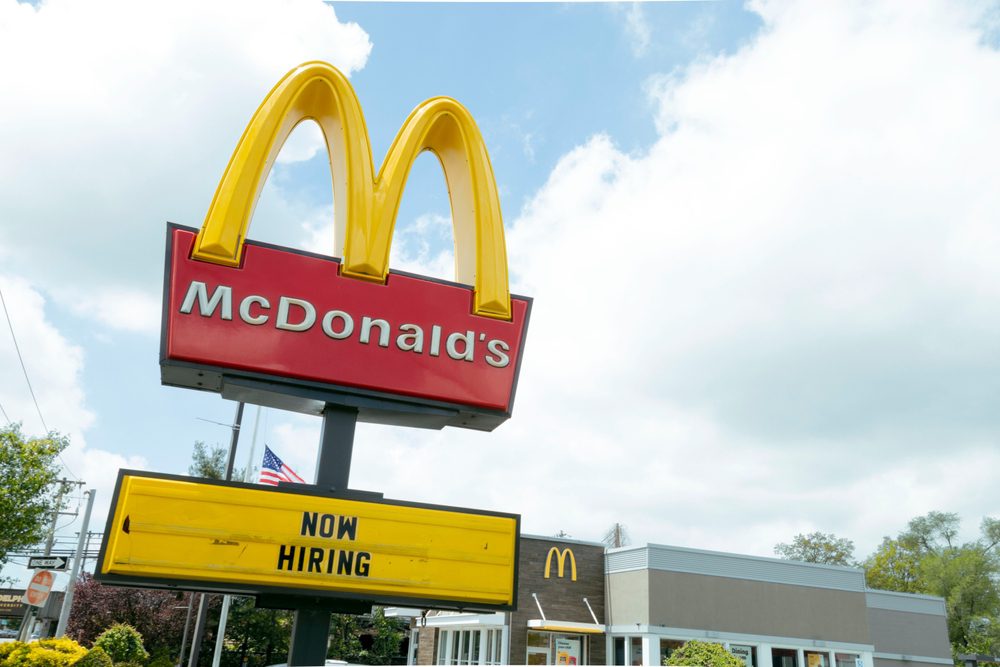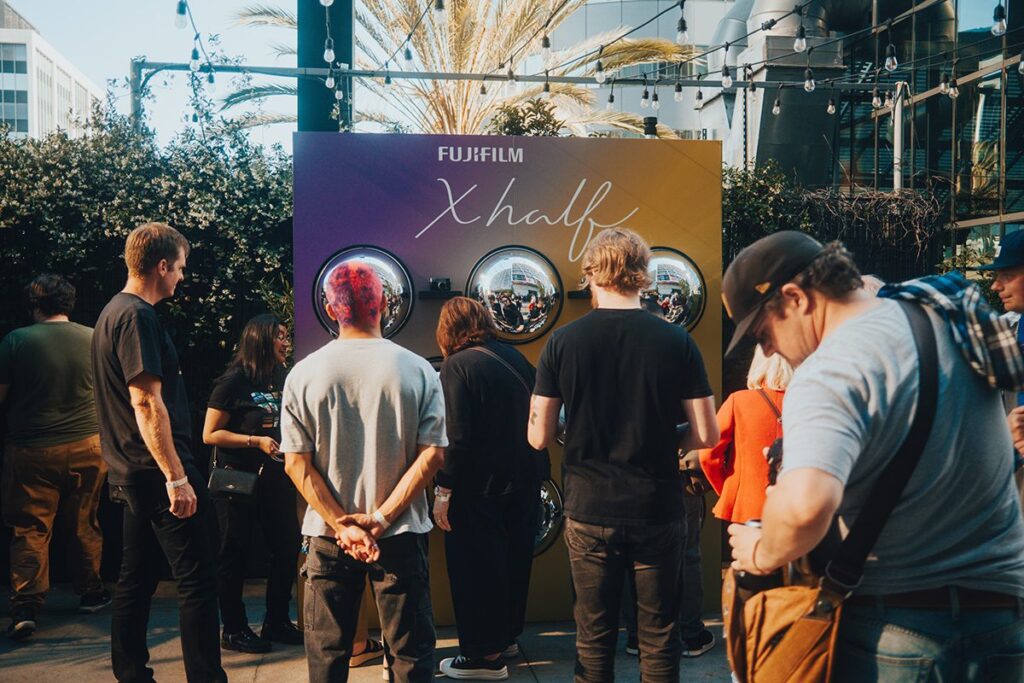The Boston City Council will hold a hearing today on guerrilla marketing prompted by one campaign that caused major disruptions to the city and another that city officials believed could have damaged an historic graveyard.
The hearing will determine whether further regulations, including potential fees and fines, are needed to discourage marketers from conducting unauthorized campaigns in the city.
Boston City Council President Maureen Feeney said that the city already requires permits for public events and that the two entities running the campaigns, Cartoon Network and Dr Pepper, “technically were breaking laws, but we haven’t necessarily changed our regulatory process to keep up with changing marketing practices.”
She said the city would like to be notified about when and how guerrilla campaigns will be conducted so that it can be prepared to answer questions or concerns from residents and visitors should they arise, and to provide any services necessary to keep the public and city property safe.
“Our agenda is not to ban these types of marketing activities,” said Feeney. “We don’t want to violate First Amendment rights. We understand that this is an innovative new technique, but what we do want is to understand how we can engage and involve these marketing agencies to apprise the city of what’s going on.”
Feeney also said that the city understands the goals of guerrilla marketing and would keep the information close to the vest so as not to spoil the spontaneity of the events.
“We would like to be participants of this and we can keep secrets just like anyone else,” Feeney said.
People expected to testify at the hearing today include representatives from the city’s public works department, code enforcement division, parks department and police, as well as Steven Halling, the president of the American Marketing Association of Boston.
Halling said he plans to testify that the issue is not about guerrilla marketing, but rather about marketing ethics. He called the Cartoon Network and Dr Pepper promotions “socially irresponsible.” He said that any problems with the city could have been avoided through communication and collaboration among marketers and local officials.
“In both cases, the line was drawn less so about using guerrilla marketing and more so that there wasn’t a social responsibility used by the marketers in charge to communicate their intentions,” he said.
The hearing is open to the public and will be held in the Boston City Council Chambers at 1 pm.
The hearing was initially proposed following the Cartoon Network promotion held Jan. 31 that caused bomb scares, massive traffic delays and plenty of jittery nerves.
The campaign was launched to promote the show Aqua Teen Hunger Force. The stunt included placing several small, electric signs in 10 cities in January. The blinking 12-by-14-inch boards had wires, batteries and magnets protruding from them that made them look like bombs, triggering calls Jan. 31 to Boston police, city officials said. New York-based Interference conducted the campaign.
That same day, a real-life bomb threat at a Boston hospital increased concerns in the city. An employee of the Tufts-New England Medical Center came running from an area where what turned out to be a phony pipe bomb had been planted screaming, “God is warning you that today is going to be a sad day,” the Boston Globe reported. It turned out to be a prank among hospital co-workers.
Ultimately, Turner Broadcasting, which owns Cartoon Network, and Interference agreed to pay $2 million to the city of Boston to settle charges related to the marketing stunt and the head of the network, Jim Samples, resigned. (PROMO Xtra, Feb. 12, 2007).
Under the Dr Pepper promotion, city officials were alerted last month to treasure hunters looking for a gold coin when the players called to complain that the Granary Burying Ground was closed to the public and they couldn’t get in to search for the coin. The hidden coin was part of the Hunt for More contest where 23 gold coins worth $1.7 million were buried in cities in the U.S. and Canada. Dr Pepper canceled the Boston portion of the promotion and the winning $1 million coin was found last month by a 23-year-old Houston resident.
City officials were upset that a coin had been planted in an historic burying ground.
Dr Pepper issued an apology and is making a $10,000 donation, the value of the coin hidden there, to the Granary Burying Ground for its time and trouble. (PROMO Xtra, Feb. 27, 2007).
Two marketing agencies were involved in that campaign, Promotion Watch based in Livonia, MI and Circle One Marketing in Norwalk, CT.
 Network
Network

